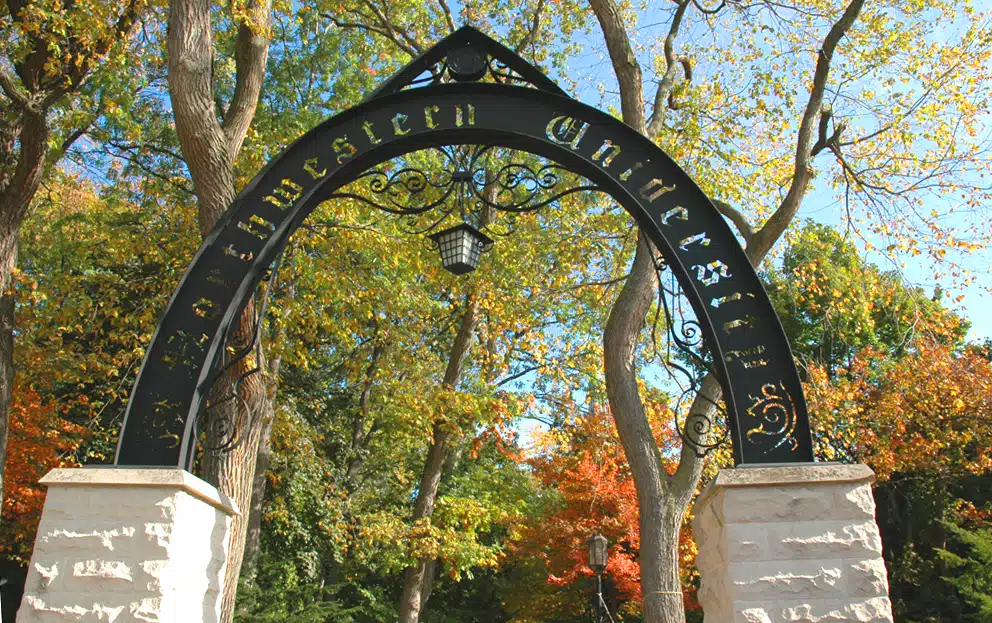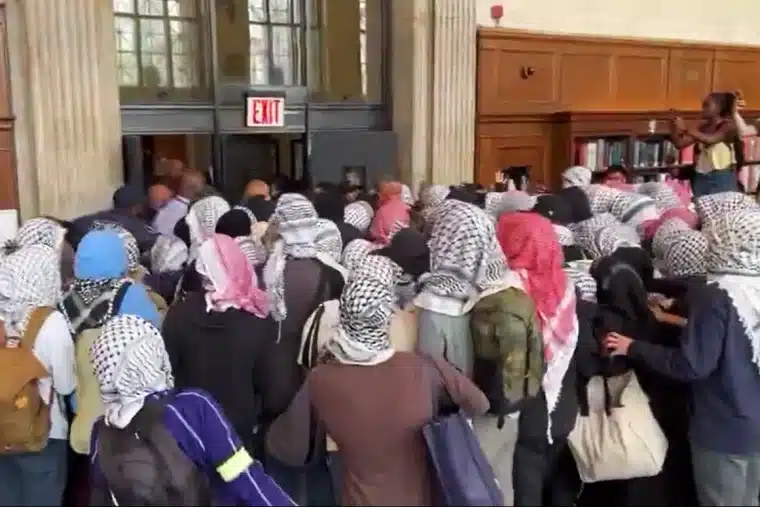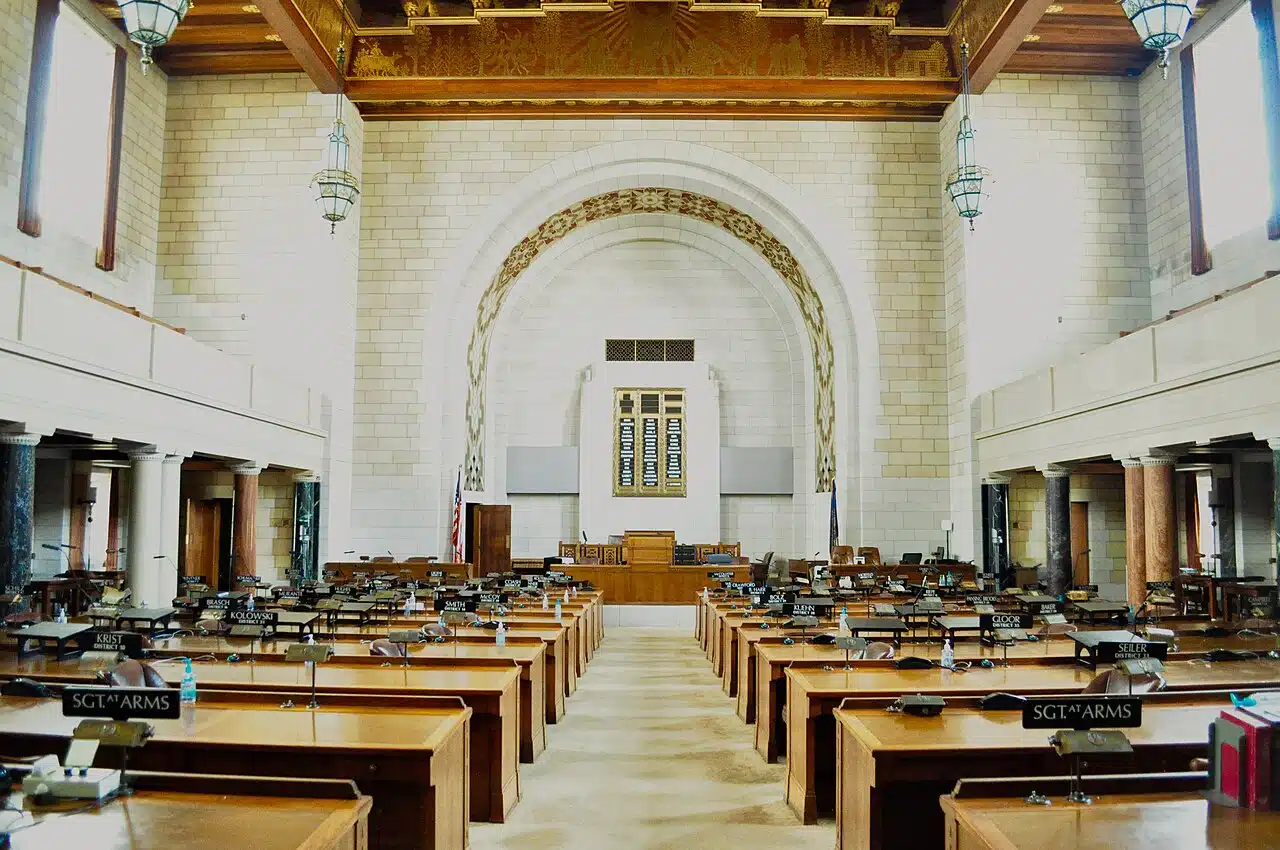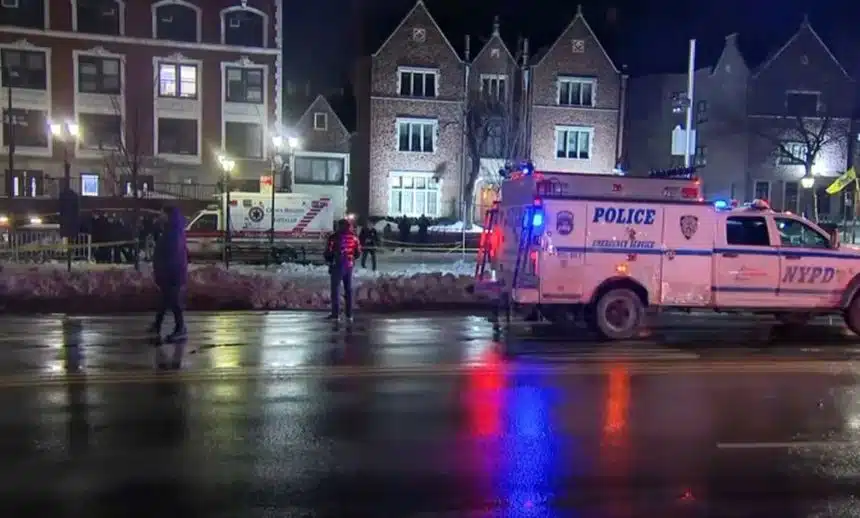

How Do Jewish Students at Columbia University Feel about the BDS Vote?
Last week, Columbia University’s student body passed a divestment referendum against Israel. Almost 40% of the student body voted and out of the 1,771 votes cast, 1,081 students, or 61.04 percent, were in favor of divestment. To make matters worse, the run-up to the vote saw discrimination by the main student newspaper against efforts by Jewish students. CAM spoke to Romy Ronen, a junior at Columbia and the Jewish Theological Seminary and the Vice President of Students Supporting Israel (SSI).
Ronen, 20, said she was deeply disappointed with the result of the vote. “I’m devastated. We worked really hard and I thought there would be some kind of sliver of hope.”
However, Ronen notes that due to the wording of the referendum, the prospects of a “No” vote were dire from the outset. The question posed to students, in a ballot alongside routine elections for student council positions, asserted as fact that Israel was an apartheid state practicing human rights abuses against the Palestinians. “If I was a student that didn’t know much about the issue and just saw the wording, I probably would have voted yes,” said Ronen.
It did not help that pro-Israel students were not given a fair opportunity to present their perspective to the student body. In the week leading up to the vote, Ronen and a friend had arranged an anti-BDS ad in the main student newspaper, the Columbia Spectator. It was approved and published, and then suddenly retracted.
“They just came out saying we are so sorry for publishing this horrible ad, it totally violates our guidelines,” Ronen explains. In addition, the Columbia Spectator appears to have violated the freedom of speech of a pro-Israel student. The paper ran two pro-BDS op-eds in the weeks preceding the vote and extended an invitation to a pro-Israel student to write a piece for a semblance of balance. However, in the editing process, the paper severely altered the student’s argument. “They refused to let him say that BDS was anti-Semitic,” Ronen says.
“After the BDS vote,” Ronen explains, “the Columbia Spectator announced it to their 10,000 or so followers in a very biased way.”
Ronen worries that BDS has become “suddenly normalized.” Due to Columbia’s standing as New York’s Ivy League university, this turn of events could have significant reverberations on the world at-large. “Columbia produces politicians, presidents, members of congress. When you’re a student and BDS has passed you will perceive BDS as a normal thing.”
Though Columbia’s president Lee Bollinger announced promptly that BDS will not be implemented on campus, Ronen feels that the student environment will be fundamentally altered.
What should Jewish students do? “A lot of Jewish students need to wake up. None of your non-Jewish friends are posting about anti-Semitism. People don’t care and don’t see it and aren’t aware.”
There is clearly much work to be done. Overall, Ronen hopes that this vote will act as a wake-up call. “We definitely need to think of ways to combat this,” she says.










